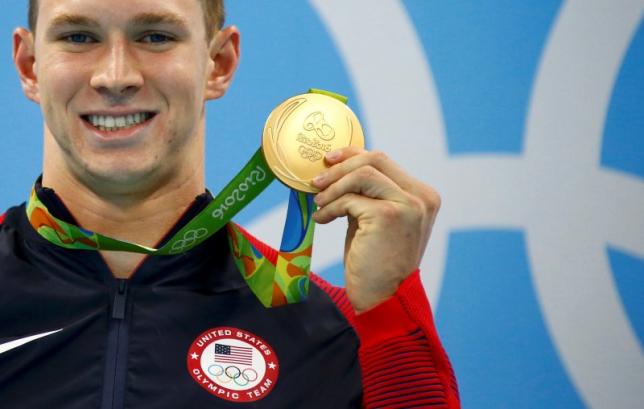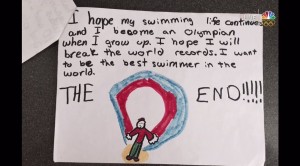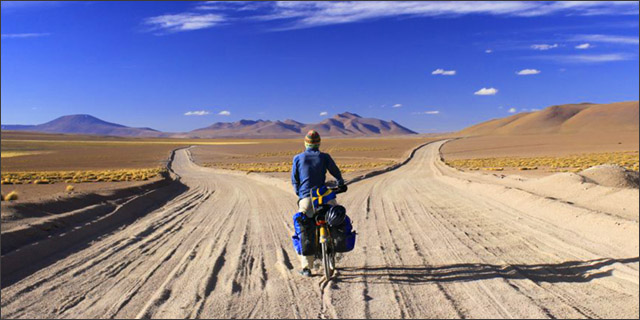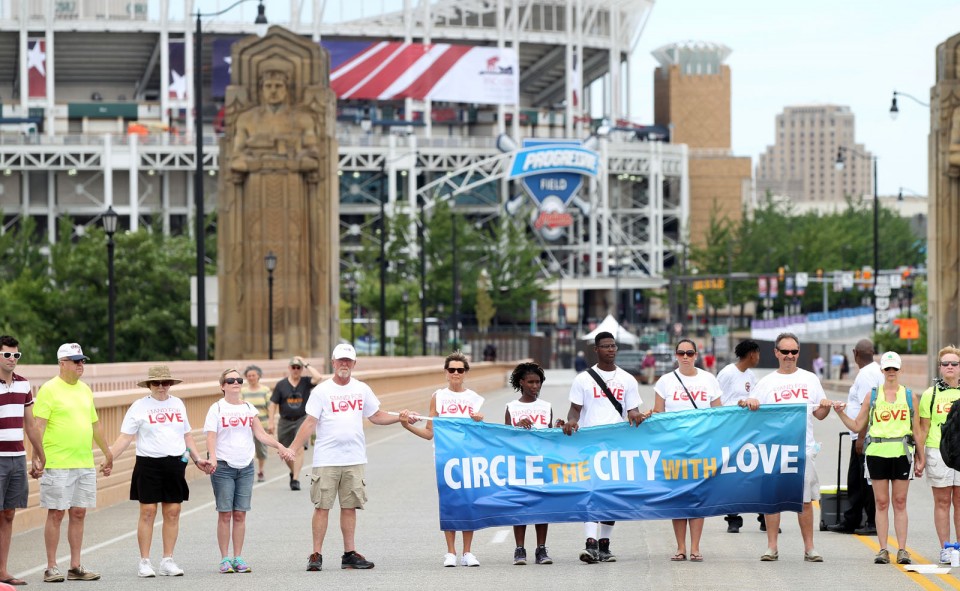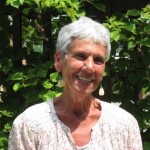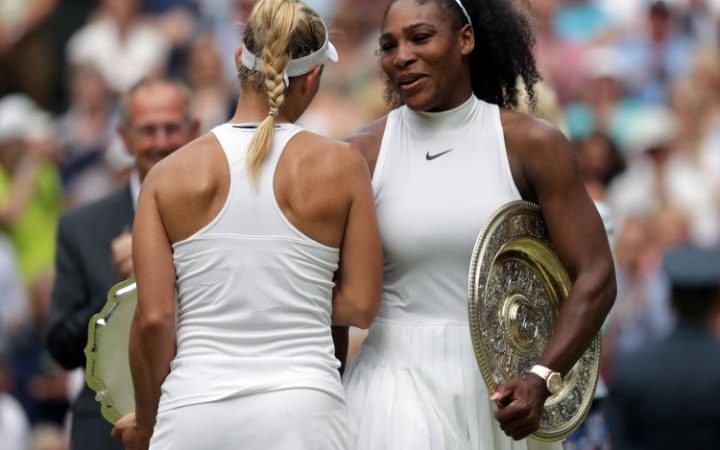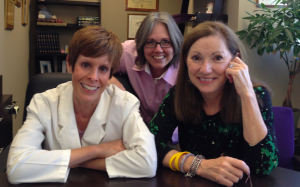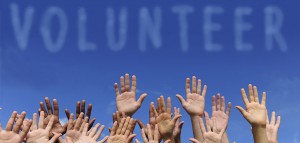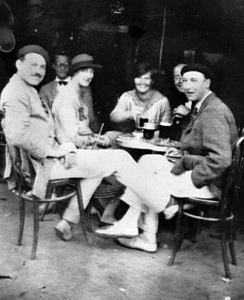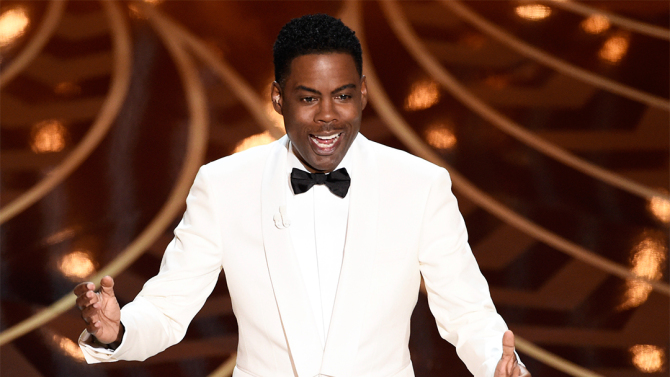With the 2016 Summer Olympics underway in Rio de Janeiro, Brazil, I am watching my favorite events, and learning a lot in the process. I particularly enjoy NBC-TV‘s coverage of the events, especially sharing the athletes’ personal life stories about their journey to the Olympics.
On August 8, one story was so inspirational, I had to share it. It began with an eight-year-old boy’s interest in swimming, which became a dream and a goal.
That young boy, now 21-year-old Ryan Murphy from Team USA, claimed a gold medal in the men’s 100 meter backstroke swimming competition on Monday, with his parents witnessing his completion of that goal stated more than a decade ago.
When he was a child, Ryan wrote a letter to his parents expressing his love of swimming. The letter contained drawings showing him swimming in blue water, with his mom standing next to the pool. The end of the letter simply stated his desire to continue swimming and his intentions to compete in the Olympics, break world records and be “the best swimmer in the world.”
On Monday, Ryan’s goals were fulfilled.
Ryan Murphy’s Olympic win demonstrates what it takes to achieve a goal:
State a powerful intention, a dream, a vision, a goal.
Learn from the best. Work with a coach or a mentor who can help you achieve your goal.
Show physical, mental, and emotional strength. There will be times when you think you can’t make it. Keep strong.
Be persistent. Keep at it. Keep your focus on that end goal.
Practice! To improve in anything, you need to practice every day. I learned that lesson from my piano teacher.
Post a visual reminder of your goal. Even at eight years old, Ryan Murphy put his intentions on paper. At that young age, he knew what he wanted. A visual image helps you see what accomplishing your goal will look and feel like.
Enhance your talent or skill. You have to be good at it. To make it to the Olympic medal platform, of course, you have to be exceptionally good.
Give it your all. Push yourself beyond where you “think” you can go.
If you find yourself struggling to achieve goals, let Ryan Murphy’s example inspire you. Reflect on what it takes to get there…all of the above!

